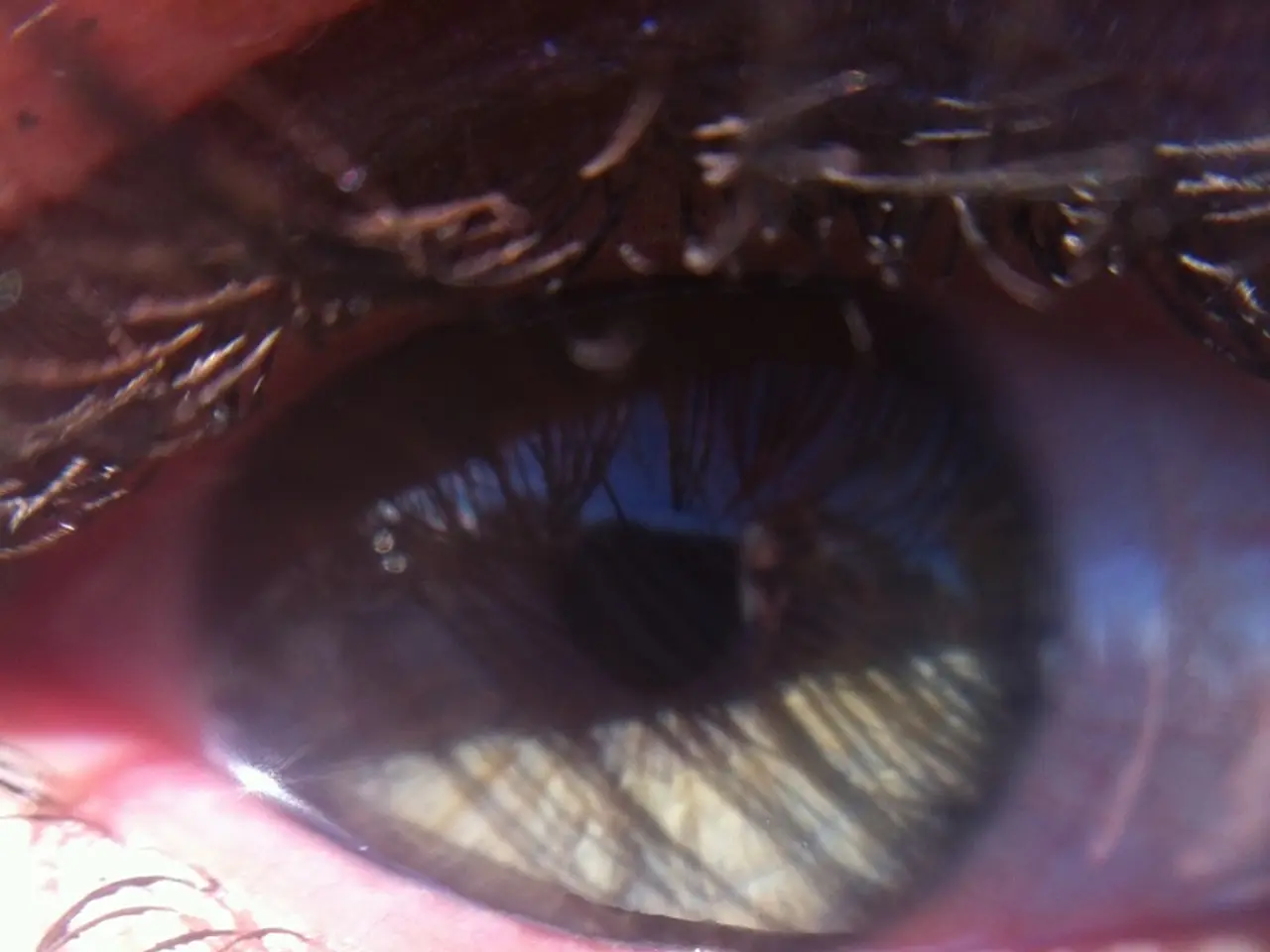Nurturing a Toddler Suffering from Spinal Muscular Atrophy
In the journey of raising a child with Spinal Muscular Atrophy (SMA), families and caregivers often face unique challenges. However, it's important to remember that you are not alone. Dr. Alexandra Bonner, a renowned pediatric neurologist, provides valuable insights for caregivers navigating this path.
Building a Support Network
Dr. Bonner suggests joining online support groups endorsed by major medical institutions or nonprofit organisations like Cure SMA and The Muscular Dystrophy Association. These platforms offer a space to share experiences, ask questions, and find comfort in knowing you're not alone.
The Role of the Care Team
The care team for a child with SMA typically forms a multidisciplinary team, coordinated by the child's neurologist. This team includes specialists such as neurologists, respiratory care specialists, nurses, physical and occupational therapists, speech and swallowing therapists, nutritionists, social workers, and other specialists, depending on the child's needs.
The neurologist serves as the leader of the team, understanding the disease process as a whole and making decisions based on the child's healthcare needs. The team's role is to ensure comprehensive care that addresses the complex and evolving needs of children with SMA.
Monitoring Cognitive Development
As babies and toddlers with severe forms of SMA are living longer, families and their neurologist must be proactive in monitoring the child's cognitive development. Physical, occupational, and speech therapy should be engaged in discussions about supporting the child's cognitive development.
Infectious Disease Prevention
Dr. Bonner urges caregivers to protect children with SMA against infectious diseases. This includes being up to date on vaccinations, limiting exposure to others, practicing good hand hygiene, adopting immune system-boosting behaviours, and going to the doctor at the first sign of illness.
Until they're at least 2, children with SMA cannot wear masks, but their family members might want to consider wearing masks during respiratory season. Safety concerns should also be assessed, particularly regarding positioning and the use of bouncer seats, swings, pillows, and blankets, as they can impact a child's ability to breathe.
Self-Care for Caregivers
Caring for a child with SMA is a big responsibility, but caregivers will not shoulder that responsibility alone. Dr. Bonner emphasises the importance of self-care routines for caregivers, including getting respite care, annual physicals, maintaining friendships, and carving out time for hobbies. Protecting mental health is crucial for caregivers navigating life with a chronically ill child.
Seeking Financial and Legal Support
Dr. Bonner recommends that caregivers establish a relationship with their local board of developmental disabilities for financial support, healthcare issues, educational interventions, and legal protections.
By maintaining open communication with your child's neurologist, building a supportive network, and understanding the roles of the care team, caregivers can feel more confident in their ability to provide the best care for their child with SMA.
- In addition to expertise from Dr. Bonner, educational resources related to chronic diseases like SMA, mental health, and parenting can be found in hospitals' websites, medical journals, or online forums dedicated to health and wellness.
- The impact of SMA on relationships may require caregivers to educate friends, family, and their child's classmates about the disease, creating a more understanding environment for everyone involved.
- Supporting the health of families with a child with SMA goes beyond medical-conditions management; addressing their environmental concerns, such as maintaining a safe, accessible home, is essential for overall well-being.
- Ongoing academic support and accommodations for children with SMA who have neurological disorders should be individually designed and evaluated by educators, psychologists, and parents.
- As a part of mental-health self-care, caregivers can benefit from professional counseling services, therapy specifically for caregivers, or support groups dedicated to addressing the challenges unique to parenting a child with a chronic disease like SMA.




